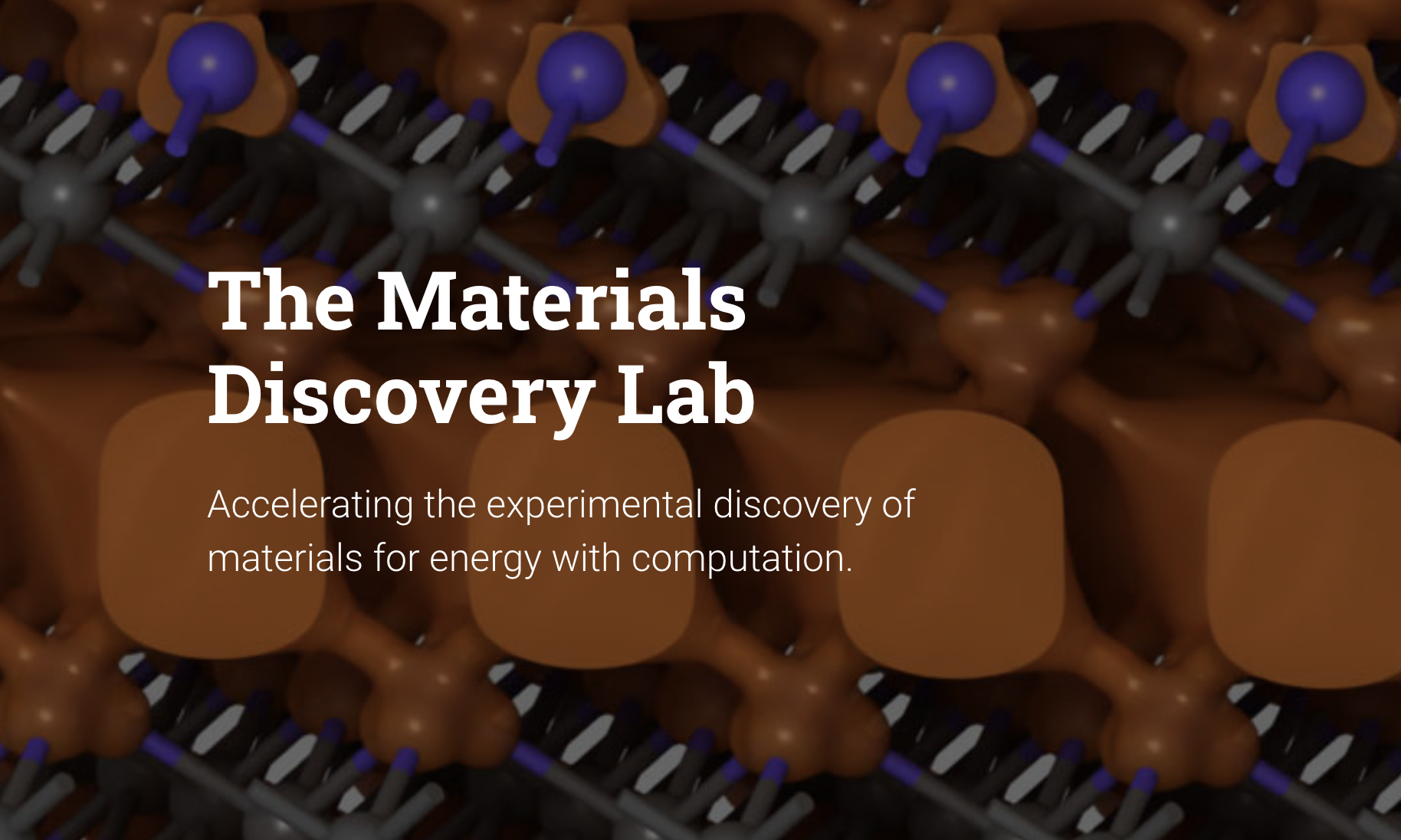Story by Sustainable Tar Heel Intern Sabrina Krupenko.
“The transition to a more sustainable society is dependent on innovations in energy production.” Connor Slamotwitz

Slamowitz, a graduate student in chemistry and material sciences, works in the Warren Lab within the UNC Department of Chemistry. His focus is on developing a better battery that could potentially be used as an alternative to lithium-ion batteries currently on the market. Part of Slamowitz’s work in the Warren Lab is helping to spearhead the energy transition by providing the innovation necessary to improve battery storage capacity as we shift to a more sustainable and electrified society.
During October’s Renewable Energy Research Symposium, hosted by the chemistry department, Connor presented a snippet of his research titled, “Batteries without Redox: Layered Electrides as Fluoride-ion Battery Electrodes.” The motivation behind using fluoride as an alternative material for a battery lies in fluoride’s high electronegativity. Electronegativity describes how well an atom attracts electrons. This allows for the potential to create a battery with more storage capacity and life expectancy than typical lithium-ion batteries.
Moreover, FIBs do not need redox reactions to store electricity. Redox reactions, or reduction-oxidation reactions, are the driving reactions behind all batteries. In these reactions, one end of the battery gains an electron (reduction) while another loses one (oxidation), and this cycle continues until the battery runs out of material to keep it reacting. A battery without a redox reaction means that electricity is transferred continuously, through an exchange of electrons rather than a transfer, much like musical chairs. This implies that a battery without redox could last for a very long time without needing to be replaced, as it won’t be using up material to facilitate a redox reaction.
Slamowitz and the Warren Lab have discovered a material called Yttrium Carbide (Y2CF2). Y2CF2 is a layered exotic material known as an electride. It has successfully been able to fluorinate, which means a fluoride electron can pass through the material and be stored. This reaction is unique to electrides, which can facilitate an electron exchange, rather than a redox reaction, and thus potentially outlast Lithium-ion batteries.
Slamotwitz hopes this research can pave the way for creating a battery that can successfully replace lithium-ion batteries and be exponentially more energy efficient.
